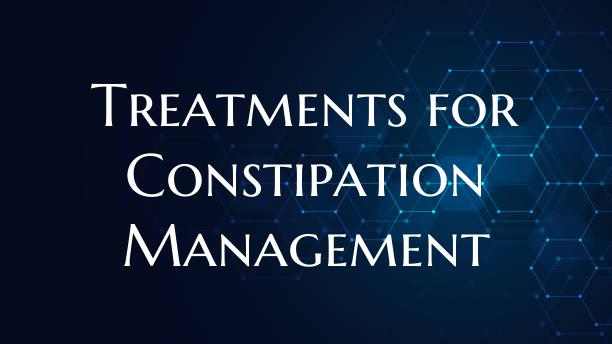
Treatments for Constipation Management
Constipation is a common digestive issue that can cause discomfort and impact the quality of life for many individuals. It is characterized by infrequent bowel movements, difficulty passing stools, and in some cases, straining during bowel movements. Fortunately, there are several effective treatments available for managing constipation and promoting regularity in bowel movements.
1. Dietary Changes: One of the most crucial aspects of managing constipation is making dietary modifications. Increasing fiber intake by consuming more fruits, vegetables, whole grains, and legumes can help soften stools and promote regular bowel movements. Additionally, staying hydrated by drinking plenty of water throughout the day can also aid in preventing constipation.
2. Laxatives: In some cases, individuals may require the use of laxatives to relieve constipation. There are different types of laxatives available, such as bulk-forming laxatives, osmotic laxatives, stimulant laxatives, and lubricant laxatives. It is essential to consult a healthcare provider before using laxatives, as prolonged use or misuse can lead to dependency and other complications.
3. Over-the-Counter Remedies: Over-the-counter remedies, such as stool softeners and fiber supplements, can be effective in treating mild to moderate constipation. These products can help promote regular bowel movements and alleviate discomfort associated with constipation. However, it is advisable to follow the recommended dosage instructions and consult a healthcare provider if constipation persists.
4. Prescription Medications: For individuals with chronic or severe constipation, prescription medications may be necessary. Medications such as osmotic agents, prokinetics, or chloride channel activators can help stimulate bowel movements and relieve symptoms of constipation. It is essential to work closely with a healthcare provider to determine the most suitable medication and dosage.
5. Lifestyle Changes: In addition to dietary modifications, incorporating lifestyle changes can also help manage constipation. Regular physical activity, such as exercise or yoga, can promote healthy digestion and relieve constipation. Establishing a consistent toilet routine and taking the time to relax during bowel movements can also be beneficial.
6. Biofeedback Therapy: For individuals with chronic constipation that does not respond well to other treatments, biofeedback therapy may be recommended. This therapy involves learning techniques to improve pelvic floor muscle coordination and bowel function, ultimately aiding in better control over bowel movements.
In conclusion, managing constipation effectively involves a combination of dietary adjustments, lifestyle modifications, and in some cases, the use of medications or therapies. It is essential to consult a healthcare provider for personalized recommendations and to address any underlying causes of constipation. With the right treatment approach, individuals can achieve relief from constipation and improve their overall digestive health.